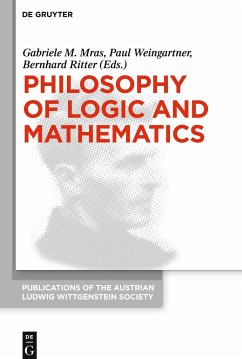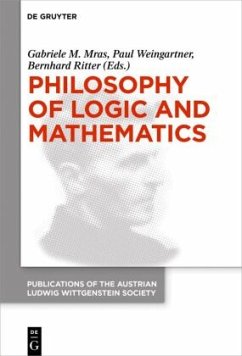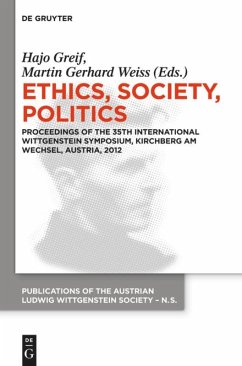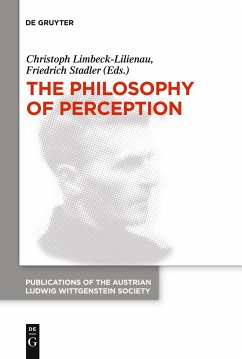
Regel und Witz
Wittgensteinsche Perspektiven auf Mathematik, Sprache und Moral

PAYBACK Punkte
0 °P sammeln!
Over the past few decades, the reception of Wittgensteinâ??s work has focused primarily on the central role that rules play in constituting a practice. Wittgenstein himself, however, always emphasises that a practice not only has rules, but also a â??Witzâ? (i.e., a point). He even maintains that, â??the problem of philosophy is the problem of Witz.â? Despite Wittgensteinâ??s insistance on this matter, no systematic study has yet done full justice to the significance of Witz in Wittgensteinâ??s philosophy. By considering both the role of rules and Witz, the present study casts a new light on mathematics, language, and morals.
Die Wittgenstein-Rezeption hat sich in den letzten Jahrzehnten, wohl vor allem aufgrund Kripkes einflussreichem Buch Wittgenstein on Rules and Private Language, auf den Begriff der Regel und das Problem des Regelfolgens konzentriert. Wittgenstein selbst betont in seinem Werk allerdings immer wieder, dass eine Praxis nicht nur Regeln hat, sondern auch einen Witz, d.h. eine Pointe - er behauptet sogar: "Die Problematik der Philosophie ist die Problematik des Witzes". Demungeachtet gab es bisher keine systematische Auseinandersetzung, die der Bedeutung des Witzes in Wittgensteins Philosophie gerecht wurde. Die vorliegende Studie wirkt diesem Versäumnis entgegen. An den Beispielen Mathematik, Sprache und Moral wird gezeigt, inwiefern der Witz erstens konstitutiv für eine Praxis ist, zweitens, inwiefern er das Telos einer Praxis ist, und drittens, warum eine Praxis trotz ihrer teleologischen Struktur nicht durch ihr Telos begründet werden kann. In diesem Zusammenhang wirft die vorliegende Studie ein neues Licht auf Wittgensteins Überlegungen zur Mathematik und Sprache. Darüber hinaus werden in der Beschreibung der Moral Perspektiven eröffnet, die über Wittgenstein hinausweisen und weitere Anwendungsmöglichkeiten der Beschreibungsformen Regel und Witz aufzeigen.














